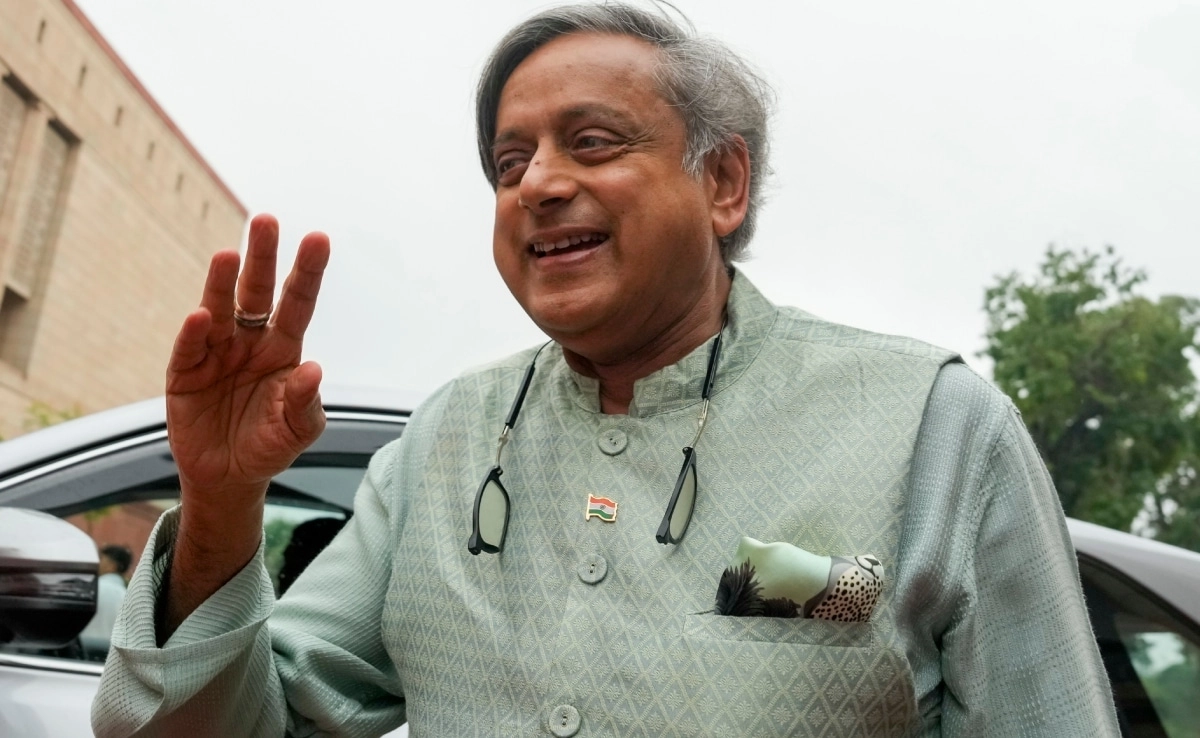Prime Minister Narendra Modi’s philosophy, often encapsulated in his “1+1 Theory,” portrays a unique blend of leadership and spirituality. According to this perspective, the “one” represents Modi himself, a figure at the forefront of Indian politics and governance, while the “other” signifies a divine element that inspires and guides his actions. This duality reflects Modi’s belief in a higher purpose behind his political endeavors, suggesting that his leadership is not merely a product of political ambition but also a calling to serve the nation under divine guidance. Such a viewpoint resonates deeply with many of his supporters, who perceive him as not just a politician but as a visionary leading India towards a brighter future.
The essence of this theory can be seen in Modi’s approach to various national issues, where he often emphasizes the need for collective effort and moral responsibility. By positioning himself as a vessel for divine inspiration, Modi communicates a sense of accountability that transcends conventional political rhetoric. His speeches frequently invoke themes of duty, unity, and sacrifice, encouraging citizens to participate actively in nation-building. This approach not only strengthens his connection with the electorate but also fosters a sense of shared purpose and identity among the populace. By intertwining his personal narrative with a divine mission, Modi effectively galvanizes support for his policies and initiatives, making them appear as part of a larger, almost sacred, journey for the nation.
Moreover, the “1+1 Theory” reflects a broader cultural narrative in India, where spirituality and leadership often intersect. Many Indian leaders throughout history have drawn upon spiritual symbolism to legitimize their authority and inspire collective action. Modi’s invocation of the divine serves to reinforce this tradition, allowing him to position his government as one that operates on principles of dharma, or righteousness. This alignment with spiritual values can evoke deeper emotional responses from the public, creating a bond that goes beyond mere political allegiance. In a diverse nation like India, where faith and spirituality play significant roles in daily life, such a narrative can be particularly powerful.
In essence, Modi’s “1+1 Theory” is not merely a personal belief but a strategic framework that shapes his political identity and governance style. It invites citizens to see themselves as part of a divine mission alongside their leader, fostering a sense of community and shared destiny. As Modi continues to navigate the complexities of Indian politics, this duality of self and divine will likely remain a cornerstone of his approach, influencing both his policies and the public’s perception of his leadership. By framing his political journey as one of service guided by divine principles, he not only seeks to legitimize his actions but also aims to inspire a collective movement towards progress and prosperity for the nation.




